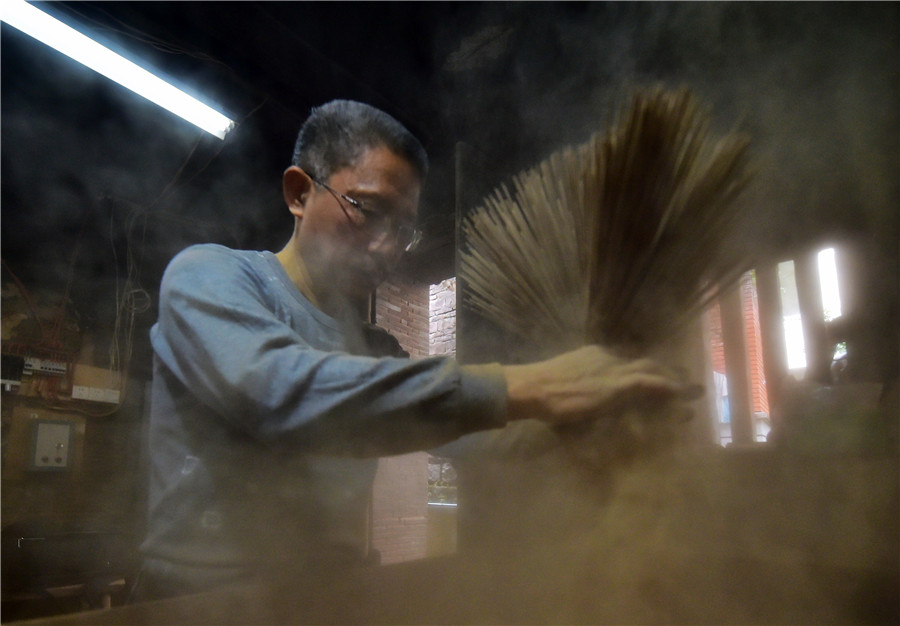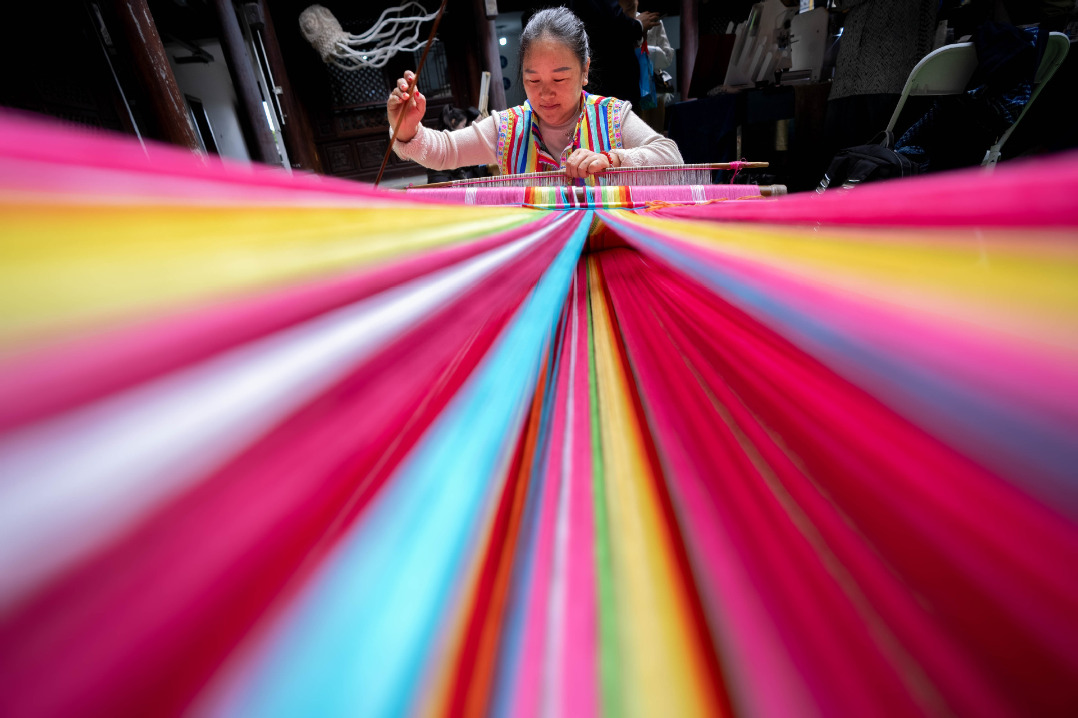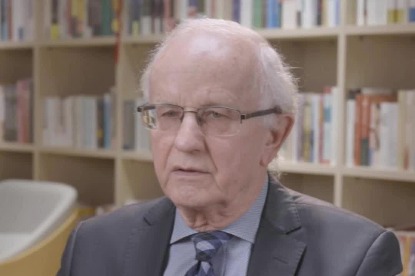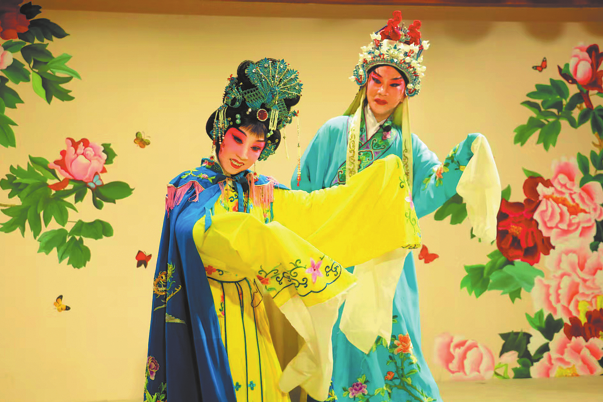Sweet smell of success for incense masters


A generational trade
As a family tradition, Pu Lianggong, at the age of five, started to learn to recognize hundreds of kinds of spices, and was taught the ancient technique of making incense when he was nine.
"I had to master all 18 procedures of the ancient craft, which was both boring and arduous," said Pu, who used to practice for an hour every day after school.
At the age of 14, he mastered all the skills of incense making, and at 24, he took over the family business.
"We need to combine dozens of spices and herbs to make incense for different seasons and purposes," Pu said.
"It might take two or three generations to develop a product of classic quality."
The family is promoting the incense culture to younger generations. Pu Haixing, son of Pu Lianggong, set up an incense-making course at a vocational school in Quanzhou.
"Incense is mainly used for religious occasions now, but burning incense can help people relax and sleep well," Pu Haixing said.
"I hope more people can get to know and appreciate the incense culture."
At present, the Pu family and other incense companies are selling handmade incense to Southeast Asia and Europe online, strengthening business ties with customers from more than 10 countries along the Belt and Road.
Pu Lianggong is happy to see his 10-year-old granddaughter, Pu Qi'nan, named after a rare type of eaglewood, a family tradition, able to identify 30 types of spices when blindfolded.
Xinhua
- Chasing secrets of the universe on world's rooftop in SW China
- Xi sends congratulatory message to 7th China-Russia Energy Business Forum
- Genomic study links China's ancient hanging coffins to modern community
- China's scientific satellites yield key results, refreshing humanity's understanding of universe
- Aerial view of China's Huangyan Island in South China Sea
- Fact box: The development of the under-forest economy in China




































